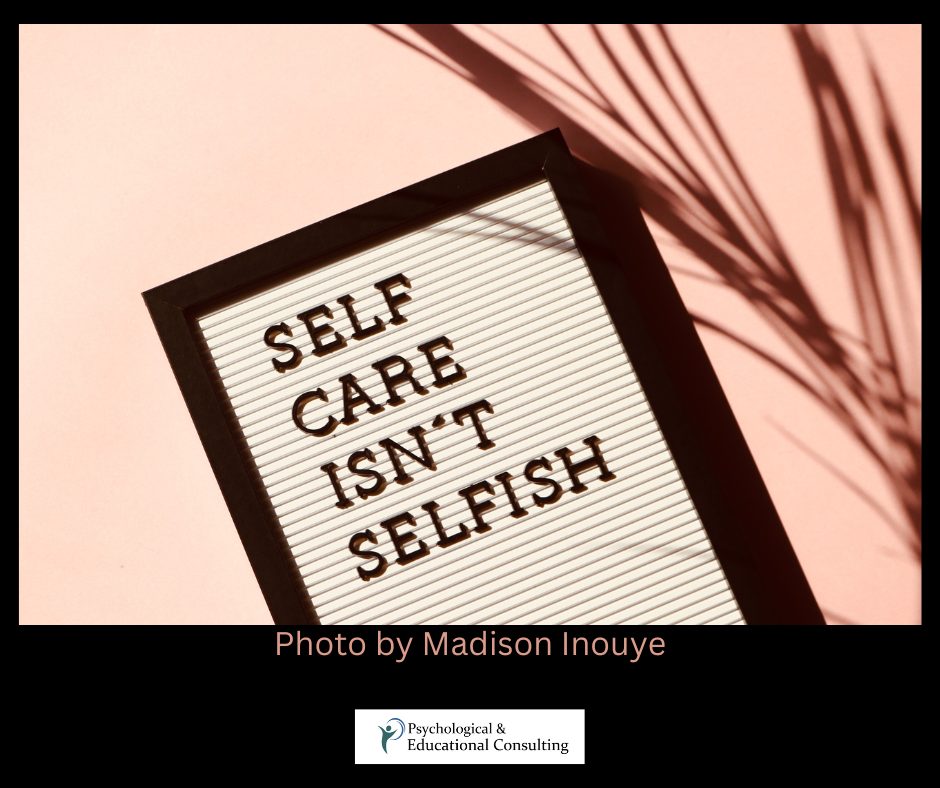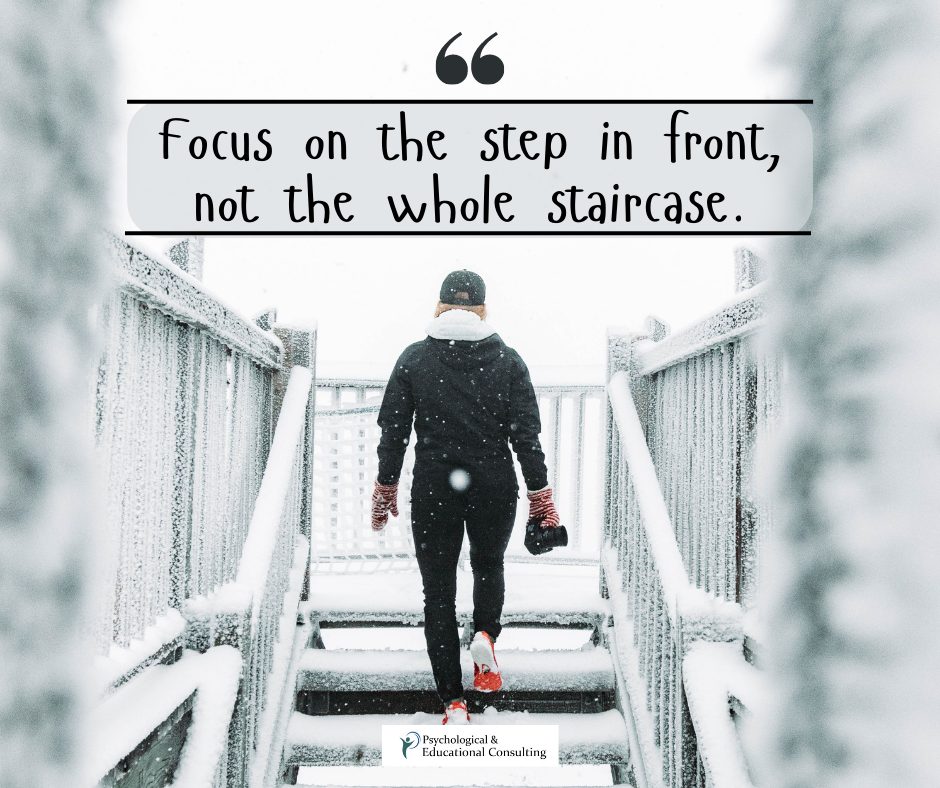McLean’s Guide to Managing Mental Health Around the Holidays
posted on McLean Hospital Website
Elvis once crooned about feeling blue at Christmas time—and we’re here to tell you: It’s perfectly normal to feel that way.
There are a variety of reasons why your days may not be merry and bright around the holiday season. It can be the jam-packed social calendar, deadlines at work, the loss of a loved one, sunless winter days, or all of the above.
According to the American Psychological Association, 38% of people surveyed said their stress increased during the holiday season, which can lead to physical illness, depression, anxiety, and substance misuse. The reasons given include lack of time, financial pressure, gift-giving, and family gatherings.
To make matters worse, the National Alliance on Mental Illness noted that 64% of individuals living with a mental illness felt that their conditions worsened around the holidays.
However, there are ways in which we can prepare ourselves and hopefully deflect some of the increased stress of the holidays. It’s important to realize that we do have more control than we think we do.
However, it’s equally important to realize that even if we put these ideas into practice and continue to feel overwhelmed or depressed, professional help is available.
6 Signs You May Be Struggling Around the Holidays
We’ve identified six common issues that come up this time of year, as well as suggestions from our mental health experts for ways to address them.
1. You’re Lacking the “Holiday Spirit”
Being surrounded by cheeriness can be stigmatizing when you don’t feel the same level of enthusiasm as others.
The pressure to be social, happy, and present can make it difficult to speak up if you feel otherwise. You may also feel left out if your spiritual traditions aren’t the dominant ones on display this time of year.










